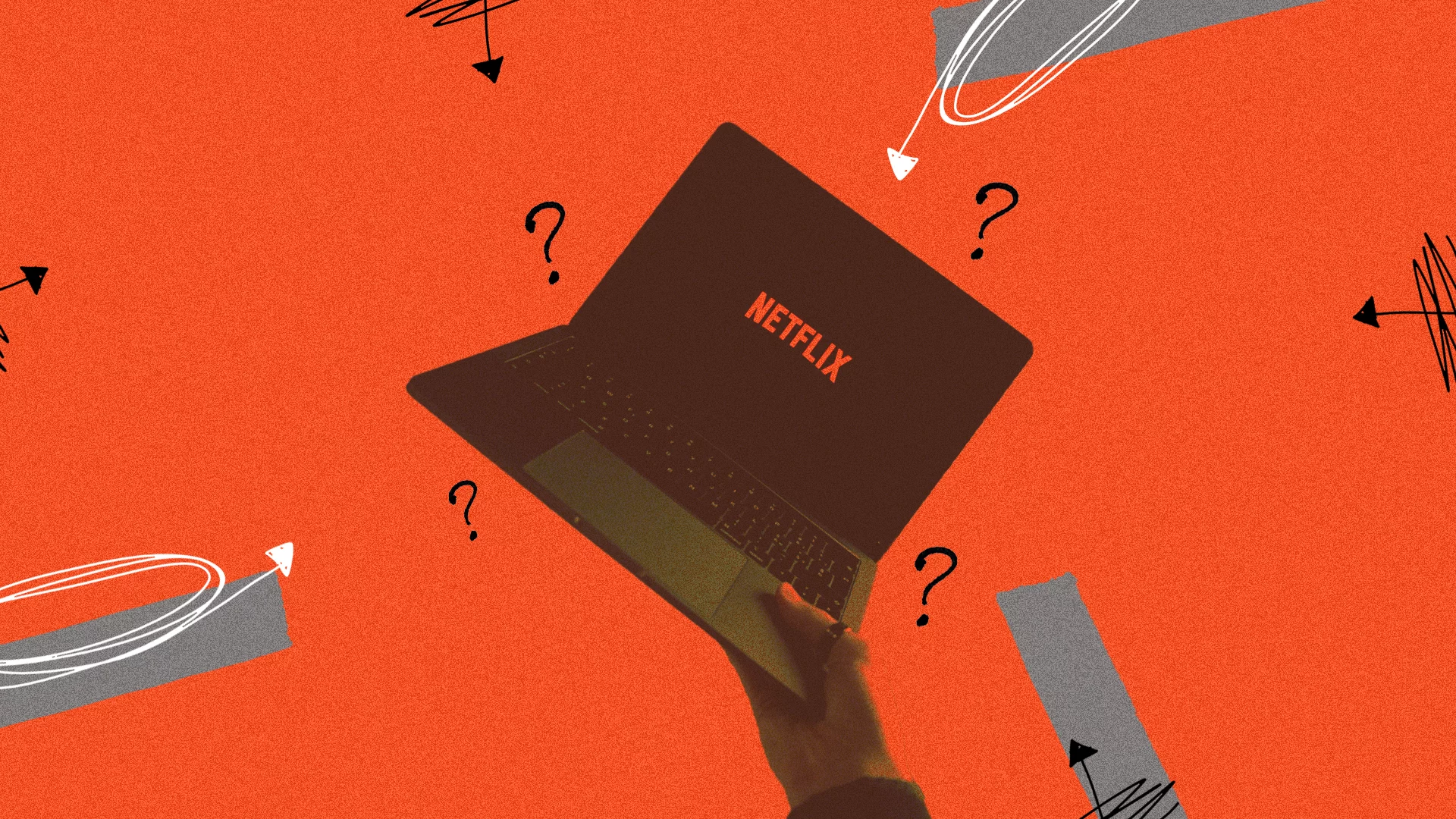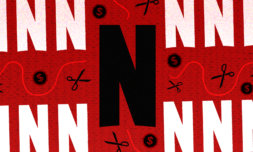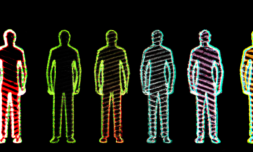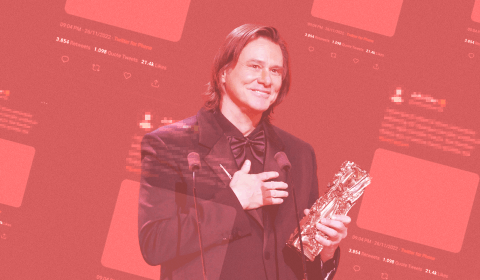Netflix has finally done it. Months of speculation re incoming anti-password sharing plans have manifested angering subscribers the world over. Are streaming platforms now completely out of touch?
Once the undisputed king of the streaming farmyard, Netflix now seems hellbent on alienating its subscribers with a continuous slew of dodgy decisions.
Tossing beloved shows away with the zest of a liberated hoarder, Netflix cancelled some 20 series last year, many of which barely survived a single season.
Its prices, meanwhile, have been gradually hiked up year on year. The standard HD package – which offers viewing on two screens per account – rose from $7.99 in 2017 to $15.49 in 2022. The service claimed this increase was needed to bolster the quality of its catalogue.
Many subscribers, however, believed the decision to charge per screen was motivated by an unspoken desire to prevent users from sharing account passwords. In hindsight, those folk may have been bang on the money.
Reportedly the company’s biggest bugbear, over 100m users with access to its shows haven’t yet been monetised. Despite the fact it turns eye watering profits of between five and six billion each year, Netflix is no longer willing to turn a blind eye to customer altruism in 2023.
I wonder how many people are going to switch to pirating Netflix shows just as a middle finger to Netflix's new password-sharing BS.
They've somehow become one of the shittiest streamers after being the biggest uncontested rockstar for years.
— Philip DeFranco 👊🏻 (@PhillyD) February 1, 2023
Netflix’s anti-password sharing guidelines
This week, Netflix announced that only those living in a single household can share an account and password. How this in enforced is where a lot of the current controversy is coming from.
Subscribers will have to select a trusted Wi-Fi network and log in while connected at least once every 31 days. All device IDs will essentially be on curfew to this single IP address.
That means those on a short holiday, for instance, or using Netflix on their daily commute will be safe. Those travelling more long term, studying away, or on deployment, however, risk being locked out of any shared account on day 32. Boo.
like as a pitch: you're a family of 5, the two oldest kids are out of the house (college freshman, recent grad, both out of state), and one way to affordably do fam bonding is to watch Stranger Things together when it drops. per this new rule, that's no longer possible https://t.co/Ef0Bg2iCIu
— Bugs (like the bunny) 💗🖤💗 (@bugsmaytrix) February 1, 2023
According to Netflix, a link will also be sent to the account holder’s email address if a ‘suspicious’ device loads up the app outside of the homestead. This is to trigger a request for a four-digit code within a 15-minute window. Serious measures, right?
As you’d expect, the announcement went down like a lead balloon with huge sections of the subscriber base, and we’ve a hunch that Netflix seriously underestimated the severity of the backlash.
netflix 6 years after this tweet when someone shares their password https://t.co/buzWoRwZJ1 pic.twitter.com/sadBRFD4jN
— Rob ✨ 🍉 (@OricorioWho) February 1, 2023



















